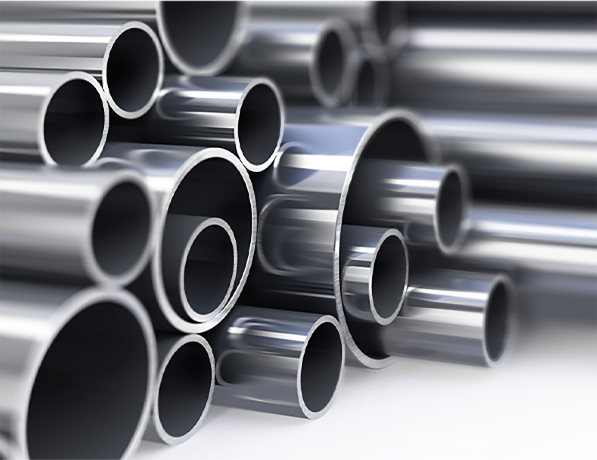
The Rise of Auto Component Manufacturers in the Global Market
The automotive industry is a crucial driver of economic growth and innovation worldwide. Among the key players within this expansive sector are auto component manufacturers. These firms specialize in producing parts and systems that are essential for vehicle assembly and operation. The significance of auto component manufacturers has surged over the years, empowered by technological advancements, increased demand for vehicles, and heightened global competition.
Innovation and Technological Advancements
One of the most prominent trends reshaping the landscape of auto component manufacturing is the pursuit of innovation. Manufacturers are now integrating advanced technologies, such as automation, artificial intelligence (AI), and the Internet of Things (IoT), into their production processes. Automation minimizes human error and enhances efficiency, while AI optimizes supply chain management and predictive maintenance. IoT enables real-time tracking of both production processes and vehicle performance, leading to improved product quality and consumer satisfaction.
Moreover, the shift towards electric vehicles (EVs) is also driving innovation in the auto components sector. Manufacturers are investing significantly in research and development to create batteries, electric motors, and other components tailored for EVs. This shift not only presents new opportunities for component manufacturers but also poses challenges, as they must adapt to rapidly evolving technologies and consumer preferences.
Increasing Demand and Global Competition
The demand for automobiles continues to rise, particularly in emerging markets, where a burgeoning middle class is seeking personal transportation. This increase in demand places considerable pressure on auto component manufacturers to scale up production while maintaining high quality and cost-effectiveness. Competing in a global market requires these manufacturers to be agile and responsive to market trends.

Countries like China, India, and Mexico have become vital hubs for auto component production due to their lower labor costs, favorable trade agreements, and investment in infrastructure. As a result, manufacturers in developed countries, particularly in North America and Europe, face stiff competition. To remain competitive, manufacturers must optimize their supply chains, invest in workforce training, and embrace eco-friendly manufacturing practices to meet regulatory standards and consumer expectations.
Sustainability in Auto Component Manufacturing
Sustainability is another critical focus area for auto component manufacturers. As concerns over climate change and environmental degradation grow, there is an increasing demand for eco-friendly components. Manufacturers are exploring recyclable materials, reducing waste in production processes, and investing in energy-efficient technologies. By adopting sustainable practices, manufacturers not only contribute to greater environmental responsibility but also enhance their brand image and appeal to a conscientious consumer base.
Additionally, the push for circular economy principles is reshaping how auto component manufacturers approach production and end-of-life management of their products. This includes designing components that are easier to recycle and developing processes to recover materials from discarded vehicles. As these practices become mainstream, companies that prioritize sustainability will likely gain a competitive edge in the market.
Conclusion
In summary, the auto component manufacturing sector is undergoing a transformative phase characterized by innovation, increasing demand, and the necessity for sustainability. As manufacturers adapt to these changes, their role becomes more critical in shaping the future of mobility. By embracing technology, fostering competitive strategies, and prioritizing environmental stewardship, auto component manufacturers can not only thrive in the global market but also contribute positively to the automotive industry's evolution towards a more sustainable and innovative future.